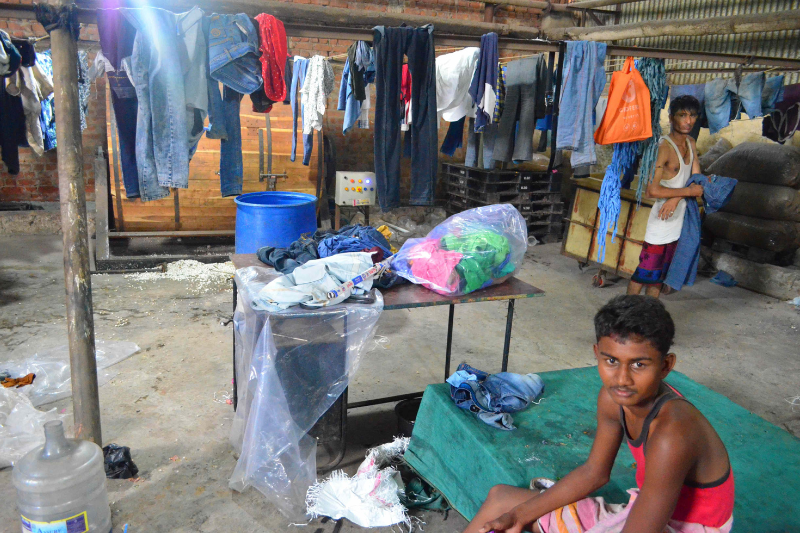

singapore economy dependent on migrant workers, improving working and living conditions
The Singapore government has recognized the contribution made by migrant workers to the country’s economy and is working towards improving their working and living conditions. This comes amid reports of migrant workers still being marginalized.
Lawrence Wong, Singapore’s Deputy Prime Minister and Finance Minister, said improving migrant workers’ living and working conditions will ensure those who join Singapore’s society on a permanent basis are the ones with the best chance to integrate and embrace the Singapore way of life.
He highlighted migrant workers as a very vital part of Singapore’s economy, and the sacrifices they made during the COVID period. Migrant workers have contributed to building Singapore, from residences to working in ports, among others. “So we do owe it to our migrant workers, particularly the work permit holders, to make sure that they can work safely here, to make sure that they have a good environment in Singapore. And we are continuing to improve our standards.”
Wong pointed out that the Singaporean government had recently updated dormitory standards to ensure a better living environment. It would continue to look at different ways to take care of those migrant workers, including considerations for mental well-being, and recreation spaces etc. The minister also acknowledged challenges. “If all of them suddenly overnight become permanent residents and or bring their dependents, we will not be able to integrate all of them into our society. So, one has to understand the balance. We have migrant workers in our midst, we welcome them.”
Moreover, Singapore’s declining birth rate and aging population require a sustained and well calibrated influx of migrant workers. Wong said if they are not able to bring in immigrants to top up the population, then Singapore is in structural decline. Eventually, the population will decline, the workforce will decline and Singapore will decline.
However, Singapore is also controlling the number of immigrants who will be allowed to work. The minister explained that at the end of the day, the numbers are constrained by how much they are able to integrate the new arrivals and how the migrants embrace the country’s values and way of life.
Unilever has given the thumbs up to the layoffs of 6,000 jobs around the world as part of its restructuring…
This shocking accusation has surfaced in a new lawsuit against the coffee giant Starbucks. A labor rights group called International…
One of the leading companies, Elkay Plumbing Products who is known for manufacturing faucets, bottle filling stations, drinking foundations and…
The Martz Gold Line workers in Maryland marched out one early Thursday morning for the strike. They made their point…
Under a new partnership Ghana and the World Bank work to develop a Growth and Jobs Strategy that opens up…
Google has made remote work limits stricter by telling its workers that office work is required or they could risk…
This website uses cookies.
Read More